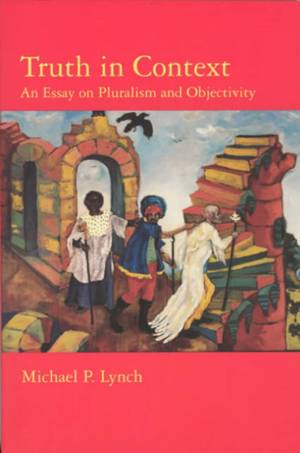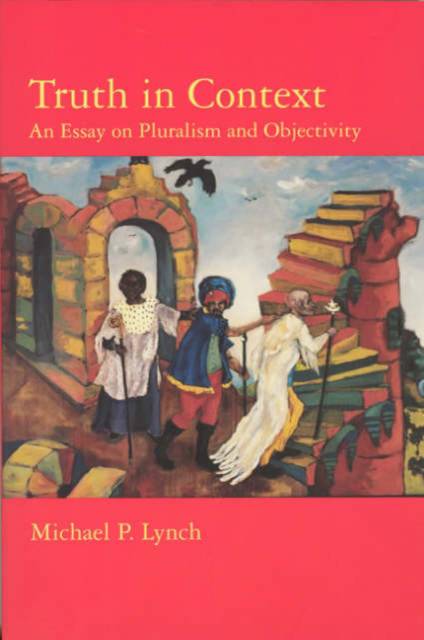
- Retrait gratuit dans votre magasin Club
- 7.000.000 titres dans notre catalogue
- Payer en toute sécurité
- Toujours un magasin près de chez vous
- Retrait gratuit dans votre magasin Club
- 7.000.0000 titres dans notre catalogue
- Payer en toute sécurité
- Toujours un magasin près de chez vous
Description
Academic debates about pluralism and truth have become increasingly polarized in recent years. One side embraces extreme relativism, deeming any talk of objective truth as philosophically naïve. The opposition, frequently arguing that any sort of relativism leads to nihilism, insists on an objective notion of truth according to which there is only one true story of the world. Both sides agree that there is no middle path.
In Truth in Context, Michael Lynch argues that there is a middle path, one where metaphysical pluralism is consistent with a robust realism about truth. Drawing on the work of Hilary Putnam, W.V.O. Quine, and Ludwig Wittgenstein, among others, Lynch develops an original version of metaphysical pluralism, which he calls relativistic Kantianism. He argues that one can take facts and propositions as relative without implying that our ordinary concept of truth is a relative, epistemic, or "soft" concept. The truths may be relative, but our concept of truth need not be.
Spécifications
Parties prenantes
- Auteur(s) :
- Editeur:
Contenu
- Nombre de pages :
- 196
- Langue:
- Anglais
- Collection :
Caractéristiques
- EAN:
- 9780262621557
- Date de parution :
- 27-07-01
- Format:
- Livre broché
- Format numérique:
- Trade paperback (VS)
- Dimensions :
- 159 mm x 232 mm
- Poids :
- 331 g

Les avis
Nous publions uniquement les avis qui respectent les conditions requises. Consultez nos conditions pour les avis.






